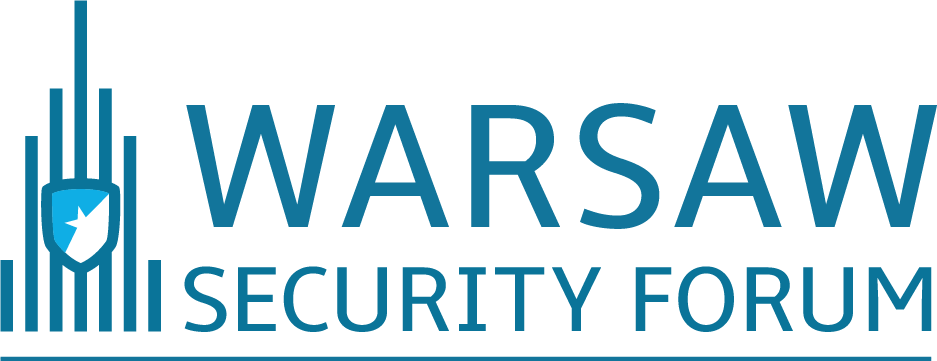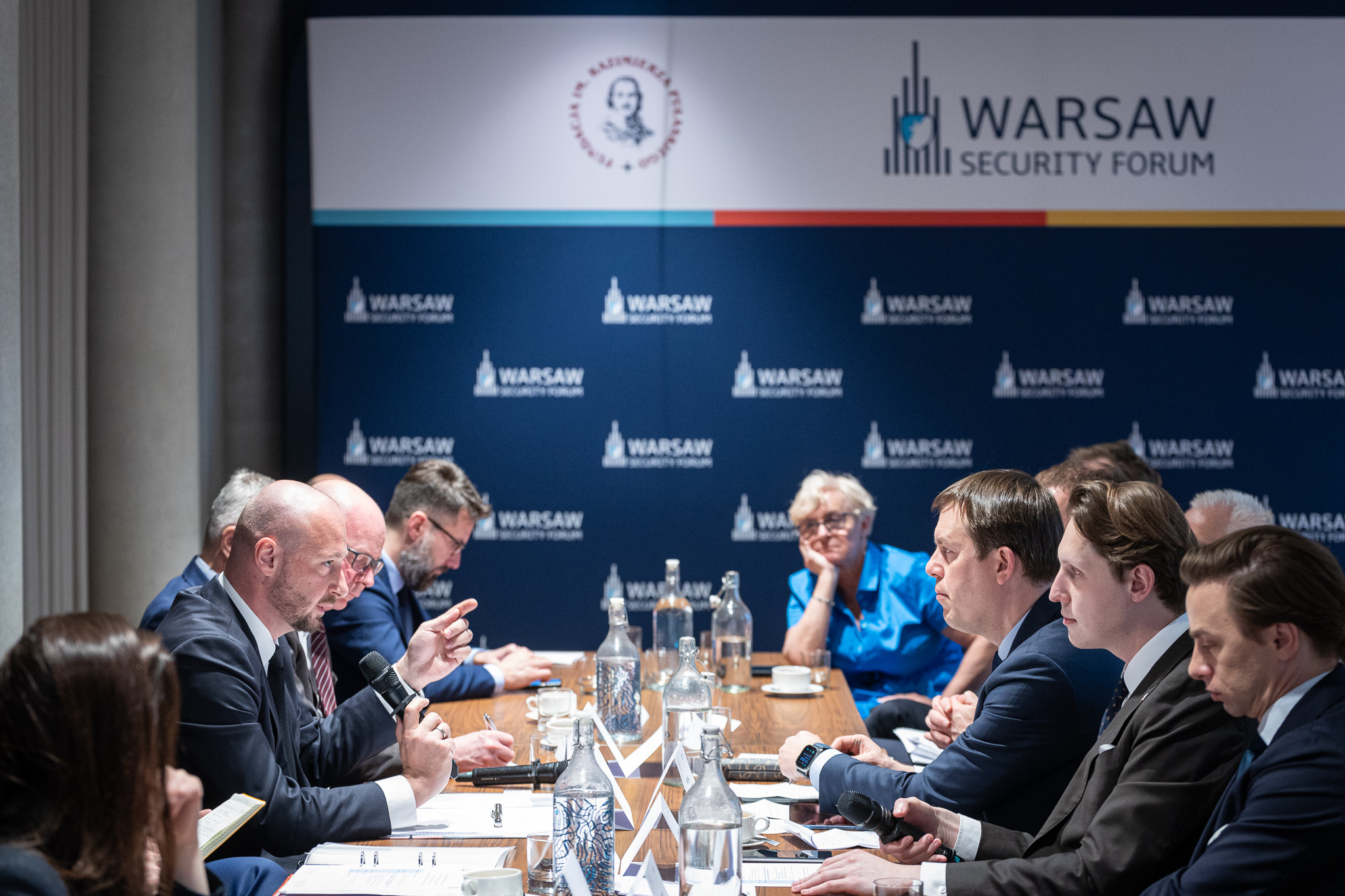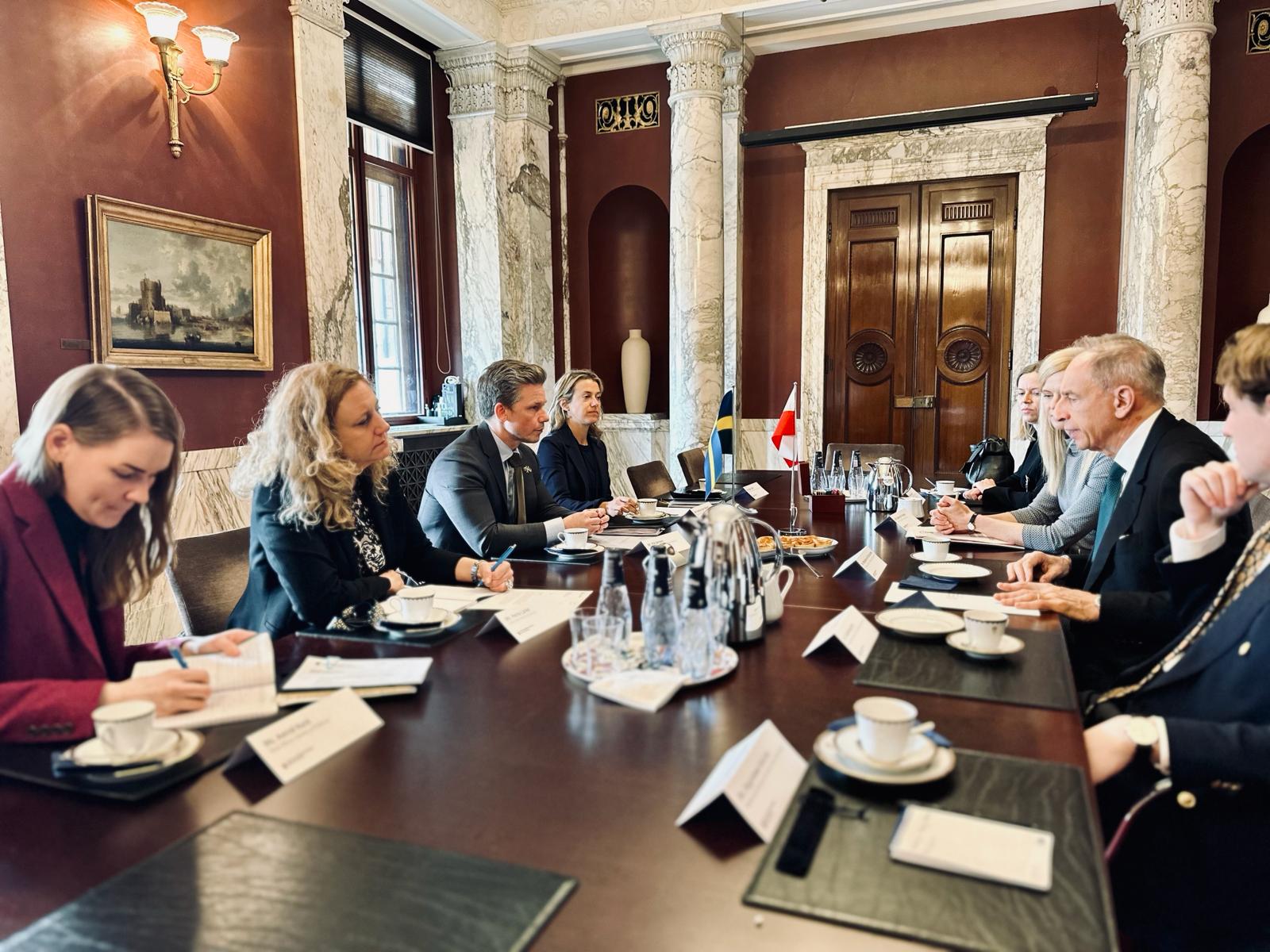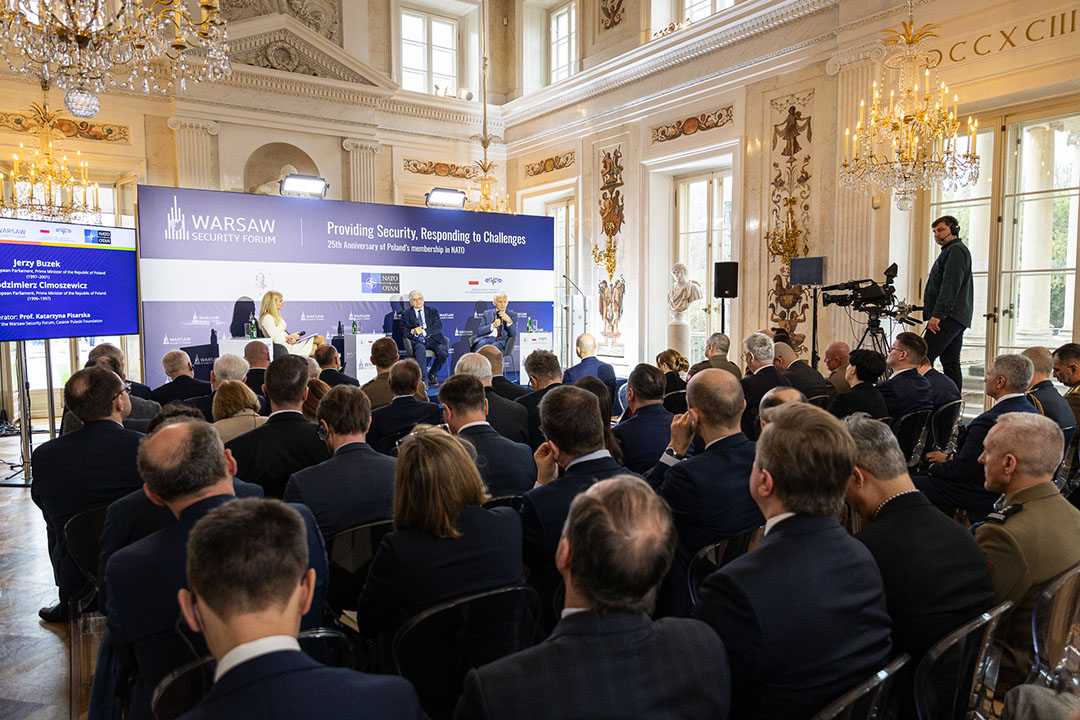WSF2015 Speaker: Marie Mendras Member of the EU-Russia Centre
The Organizing Committee of the WSF is proud to announce that Dr Marie Mendras, Member of the EU-Russia Centre in Brussels, will be a speaker at the Warsaw Security Forum 2015.
Dr. Marie Mendras is a political scientist in the field of Russian and post-Soviet studies. She is a research fellow with the CNRS and CERI, and a professor at Sciences Po University’s Paris School of International Affairs.
She is on the editorial board of journal Esprit (Paris) and is a member of the Institute for Law and Public Policy (Moscow).
At CERI, Dr. Mendras conducts research on the Russian political system, elite behaviour and society, and Russian policies toward Europe. She is the head of the Observatoire de la Russie. Since 1989, Marie Mendras has been studying elections in Russia. She was part of the French Parlamentarians’ delegation or OSCE ODIHR missions in 1993, 1995, 1999, 2000 and 2003. She observed other elections as an independent scholar, including the presidential election in Ukraine in May 2014, and published extensively on the subject of elections and political legitimacy. From 2008 to 2010, she was a professor in the Government Department of the London School of Economics and Political Science. In earlier years, she taught at Université Paris 1-Sorbonne, Université Paris 10 – Nanterre, Université de Louvain/Leuven, Ecole des Mines in Paris, and MGIMO in Moscow. In 2010, Marie Mendras was Director of the Policy Planning Staff, French Ministry of Foreign Affairs. From 1983 to 1991, she worked as a part-time consultant for the Policy Planning Staff. From 1992 to 1998, she consulted for the Directorate for Strategic Affairs, Ministry of Defence. Marie Mendras was educated at Essex University, Sciences-Po University and Institut des Langues et Civilisations Orientales in Paris, SAIS-Johns Hopkins University, and Harvard University. She holds a doctorate in political science from the Institut d’Etudes Politiques de Paris (Sciences Po).
SHARE THIS STORY ANYWHERE YOU LIKE
SHARE THIS STORY ANYWHERE
Poland-Sweden Strategic Dialogue
The Head of the National Security Bureau and the Swedish National Security Adviser met in Warsaw: Poland-Sweden Strategic Dialogue Highlights Shared Commitment to Regional Security.
High-level delegation to Stockholm
Last week Warsaw Security Forum organized a high-level delegation to Stockholm, to hold ministerial-level meetings. Their aim was to discuss the security situation in the region and the preparations for this year's edition of the #WSF2024.
25th Anniversary of Poland’s membership in NATO: Conference summary
The Casimir Pulaski Foundation, the organizer of the Warsaw Security Forum, and the Delegation of the Sejm and Senate of the Republic of Poland to the NATO Parliamentary Assembly, in cooperation with NATO, are organizing a celebration of the 25th anniversary of Poland’s accession to the North Atlantic Treaty Organization. The event is scheduled to take place on March 18th, 2024, in Warsaw.



